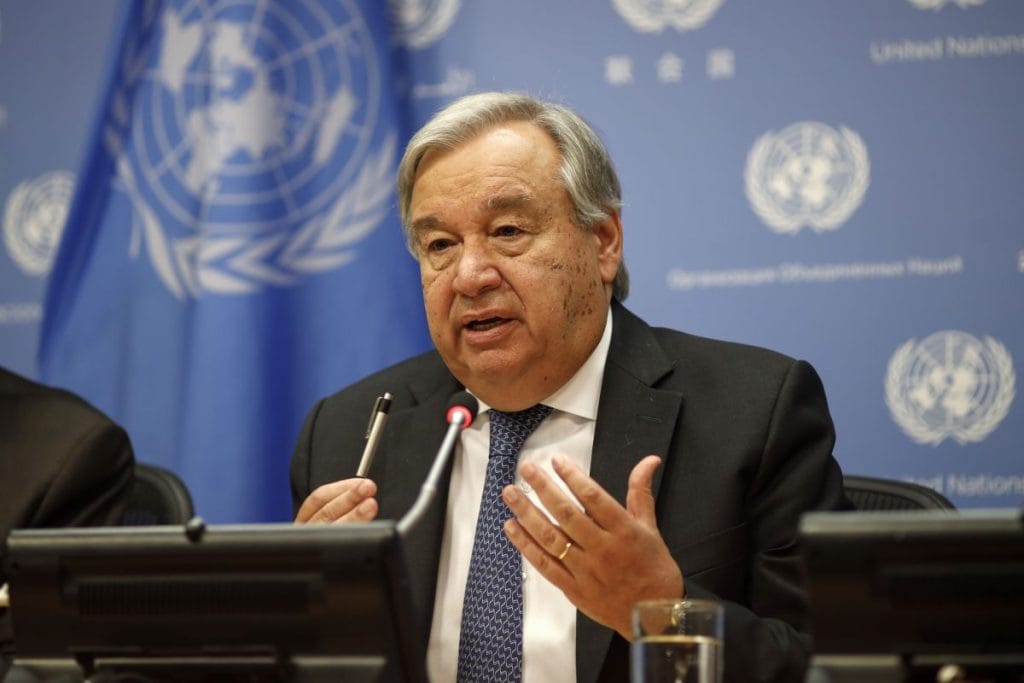The United Nations Security Council has voted to extend its arms embargo on South Sudan for another year, amid ongoing concerns over the country’s fragile peace process and continued insecurity. The renewed measures will remain in place until May 31, 2026.
Adopted under Resolution 2781, the decision also maintains targeted sanctions—including travel bans and asset freezes—against designated individuals and entities believed to be obstructing peace efforts or involved in human rights abuses.
The vote passed with nine members in favor and six abstentions. Notably, African representatives Algeria, Sierra Leone, and Somalia joined China, Pakistan, and Russia in abstaining from the vote.
In addition to the embargo, the Security Council extended the mandate of the Panel of Experts monitoring sanctions enforcement until July 1, 2026. The panel will continue to support the South Sudan Sanctions Committee with investigations and compliance reports.
While the Council reaffirmed its willingness to ease or lift the sanctions, it made clear that such adjustments depend on South Sudan’s progress toward key benchmarks outlined in Resolution 2577 (2021). These include security sector reform, political inclusivity, and accountability for human rights violations.
South Sudanese authorities have been urged to demonstrate tangible improvements. By April 15, 2026, they are expected to submit a comprehensive progress report to the UN Sanctions Committee. The resolution also instructs the UN Secretary-General, in coordination with the UN Mission in South Sudan (UNMISS) and the Panel of Experts, to deliver an independent assessment of developments by the same deadline.
Despite advances in some areas of the peace deal signed in 2018, the country continues to face intercommunal violence, delayed elections, and slow implementation of reforms. South Sudan’s representative to the UN, Cecilia Adeng, addressed the Council following the vote, reiterating her government’s commitment to lasting peace but calling for a reassessment of the sanctions’ impact on state-building.
The Security Council’s decision highlights the international community’s cautious stance, balancing support for South Sudan’s sovereignty with pressure to fulfill peace and governance commitments.



